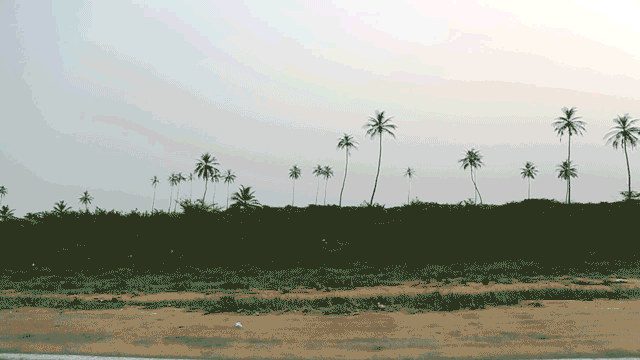
OUR RIGHT TO STAY
Evictions in Abidjan, Cote d'Ivoire
Our Right to Stay
Côte d’Ivoire's economy has grown at a remarkable pace, outpacing many other African nations, following two civil wars in the last two decades. Historically, the country has been a leading producer of cocoa, coffee, and palm oil since gaining independence from France in 1960.
The current president, Alassane Ouattara, has initiated infrastructure projects such as a new bridge, a highway linking the economic capital of Abidjan to Grand-Bassam, a coastal town roughly 30 kilometers away, and plans to build a metro by 2022. This has resulted in the construction of supermarkets, shopping malls, and buildings throughout the city.
However, this economic growth has not always benefited the poorest segments of the population. In 2013, the government launched the "déguerpissement" project to free the public domain from its grip and its easements, and to eliminate unhealthy and illegal anarchic installations, with the aim of providing wider and more pleasant visibility on main roads. Unfortunately, this has resulted in an increase in the frequency and speed of the destruction of residences, with local markets and marginalized neighborhoods being the primary targets.